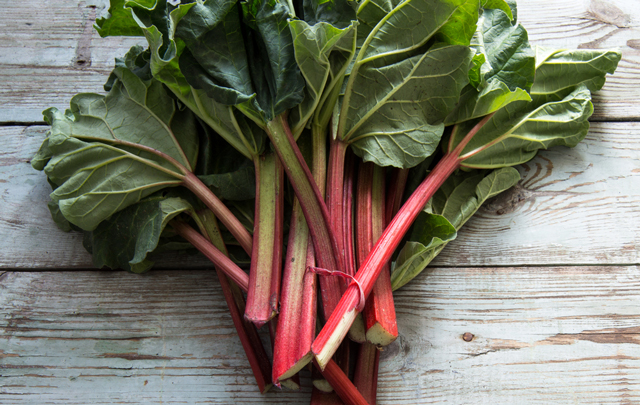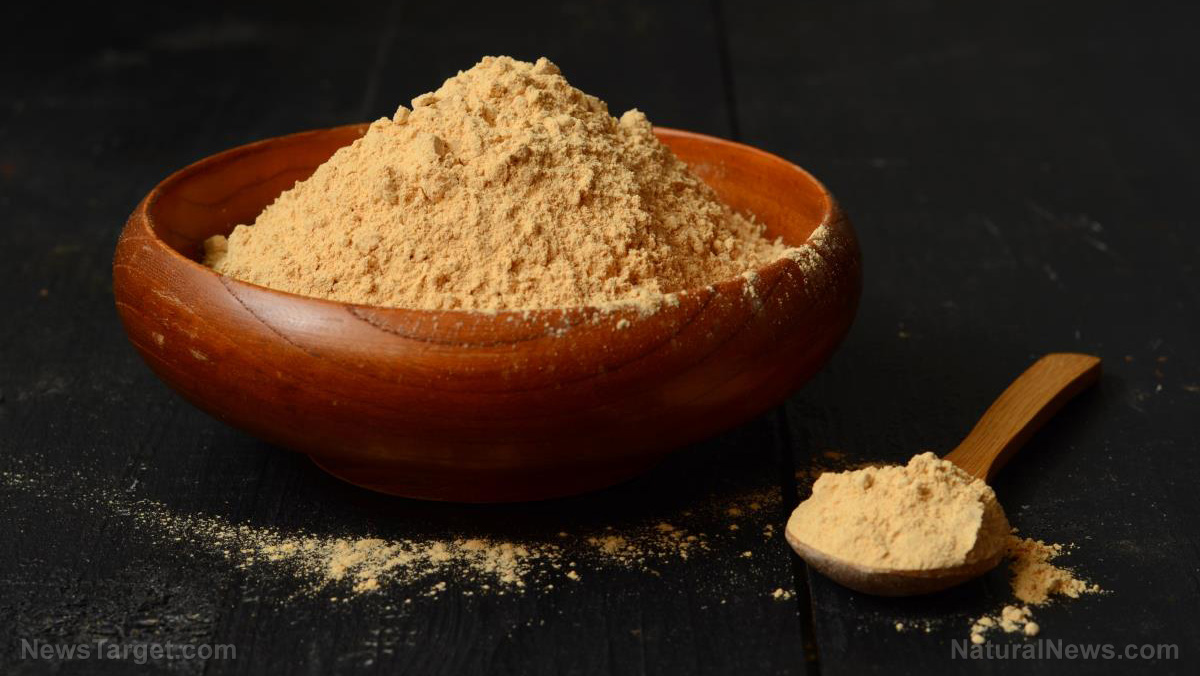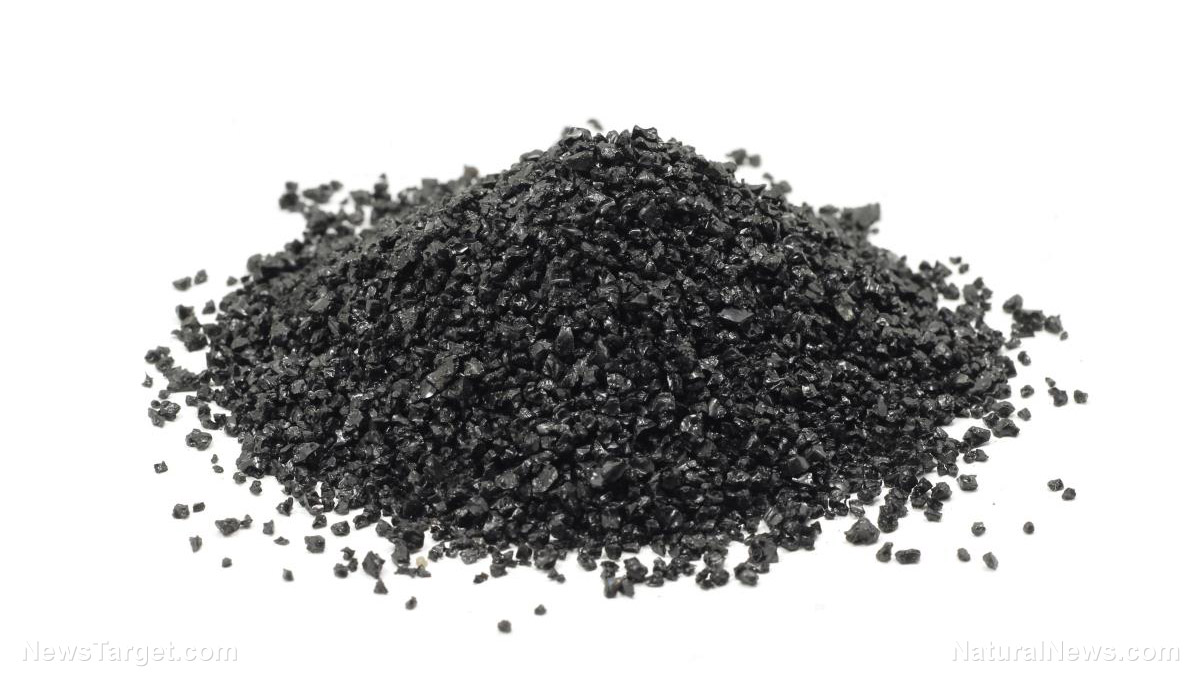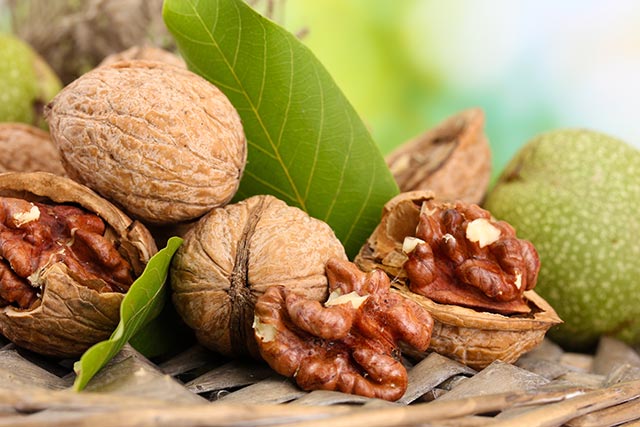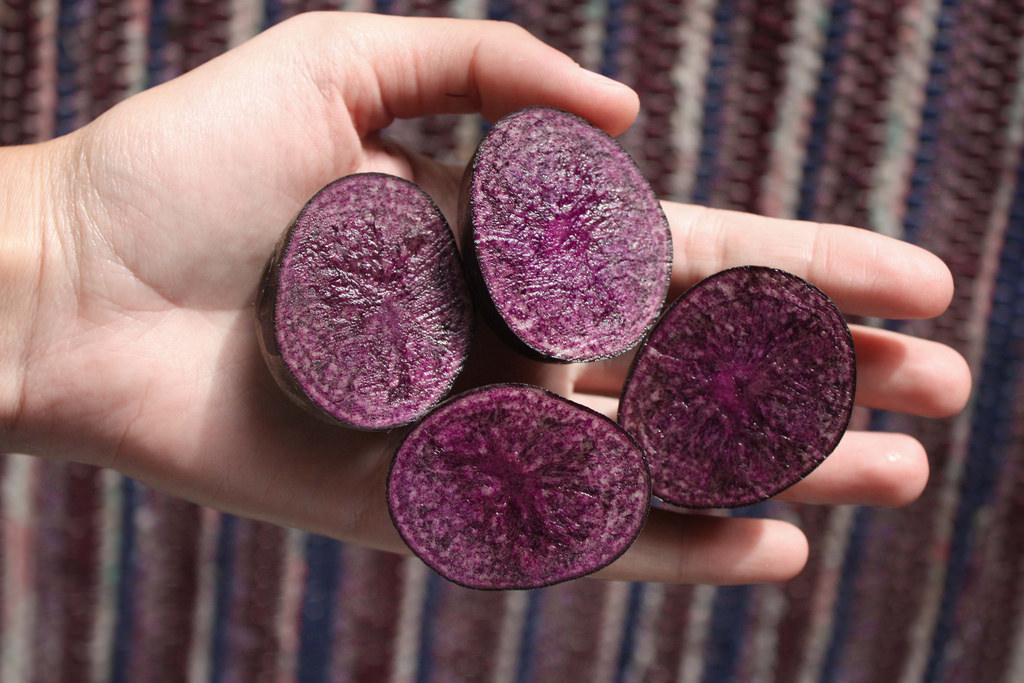There is a DIRECT correlation between higher vitamin intake and lower pancreatic cancer risk
02/12/2019 / By Tracey Watson

Pancreatic cancer remains one of the deadliest and most difficult to treat of all cancers. Diagnosed in close to 30,000 men and 27,000 women each year, it results in around 24,000 deaths in males and 22,000 deaths in females annually. The five-year survival rate for this devastating type of cancer is only five percent.
With such sobering statistics in mind, it becomes clear that the best way to beat pancreatic cancer is to prevent getting it in the first place. Some risk factors for this serious disease cannot be changed, but there are some which we can control. The American Cancer Society notes that smoking, obesity and environmental exposure to certain chemicals can all have a profound effect on the risk of developing pancreatic cancer.
In addition, a meta-analysis of 25 peer-reviewed studies, published in the journal Medicine in 2018, found that increased consumption of vitamins D and B12 were associated with a decrease in pancreatic cancer risk of 25 and 27 percent, respectively.
The link between vitamin intake and lower pancreatic cancer risk
For their research, the scientists, led by Ying Liu, analyzed 25 studies with a combined total of 1,214,995 participants. Studies accepted for the analysis were sourced from the medical databases EMBASE, MEDLINE and the Cochrane Library, and included case-control investigations, randomized controlled trials, prospective studies and retrospective studies.
Increased intake of vitamins A, B, C, D and E were included as part of the research.
The researchers concluded that there was a direct correlation between increased intake of vitamins in general, but particularly of vitamins D and B12, and a decrease in pancreatic cancer risk. Interestingly, the more vitamins the participants took, the lower their risk became.
The power of the elements: Discover Colloidal Silver Mouthwash with quality, natural ingredients like Sangre de Drago sap, black walnut hulls, menthol crystals and more. Zero artificial sweeteners, colors or alcohol. Learn more at the Health Ranger Store and help support this news site.
[R]egular intake of vitamin D lowered pancreatic cancer risk by 25 percent. And, taking vitamin B12 daily in a dose of 10 mcg or more reduced pancreatic cancer risk by as much as 27 percent.
In general, subjects who took the most vitamins had a 21 percent lowered risk of getting pancreatic cancer.
The researchers believe this is due to vitamins helping to induce apoptosis (programmed cell death) and cell-cycle arrest in the cancer cells.
Vitamin D reduces risk of several cancers
This was by no means the first study to confirm a link between vitamins and reduced cancer risk. Natural News previously reported:
A study published in the Annals of Epidemiology concluded that raising the minimum serum levels of vitamin D to 40 to 60 ng/mL could prevent as many as 58,000 new breast cancer cases and 49,000 new colorectal cancer cases in the U.S. and Canada each year, in addition to preventing three fourths of the deaths caused by these cancers. They also say such an intake could decrease the case-fatality rates of those with prostate, breast and colorectal cancer by half.
The study’s authors emphasize that there aren’t any “unreasonable risks” from taking as much as 2,000 IU of vitamin D3 per day or achieving the levels recommended, and they called for a national effort to raise people’s intake of vitamin D as well as calcium.
The importance of lifestyle
Of course, being obese, smoking, not being physically active and generally making other poor lifestyle choices can never be completely undone by taking supplements – not even the high quality vitamins and minerals which science has linked to a reduction in cancer risk.
Ultimately, the importance of the right lifestyle choices cannot be overstated.
A diet that mainly consists of unprocessed, non-GMO, organic fresh produce and hormone- and antibiotic-free meat, in conjunction with regular, moderate exercise, sufficient sleep and relaxation, and the maintenance of a healthy weight, will dramatically reduce the risk of many illnesses, including pancreatic and other forms of cancer.
In addition to maintaining a generally healthy lifestyle, studies like the one referenced above stress the importance of supplementing with high-quality, bio-available vitamins and minerals to achieve and maintain optimal health.
Discover more of nature’s secrets at Nutrients.news.
Sources for this article include:
Tagged Under: cancer, lifestyle, longevity, nutrients, prevention, remedies, supplements, vitamin B12, vitamin D, vitamins









